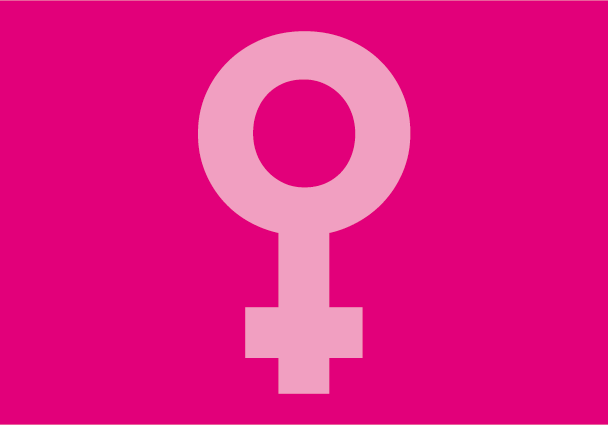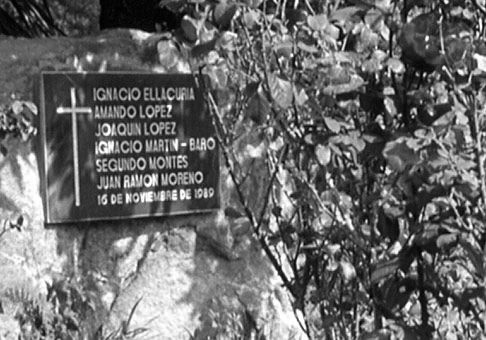
Jurists denounce excessive use of force
Today, the ICJ denounced the indiscriminate use of force by the Russian army against civilian targets in and around Grozny, the capital of the Chechen Republic, which caused the death of hundreds of civilians.

Today, the ICJ denounced the indiscriminate use of force by the Russian army against civilian targets in and around Grozny, the capital of the Chechen Republic, which caused the death of hundreds of civilians.

This report published today is the outcome of an ICJ mission to the Philippines, the Republic of Korea, the Democratic People’s Republic of Korea and to Japan in April 1993 to study the issue.
The report documents the circumstances in which “sexual services” were forcibly obtained from Korean and Filipino women by the Japanese army before and during World War II. It contains the poignant testimonies of former “comfort women” who have had the courage to reveal their ordeal to the world. It also examines the legal responsibility of the present Japanese government towards these women whose numbers range between 100,000 and 200,000 and what steps must be taken to rehabilitate them.
The report is written by Ms. Ustinia Dolgopol, Lecturer at the School of Law, The Flinders University of South Australia and Ms. Snehal Paranjape, an Advocate of the Bombay High Court, India. They interviewed over 40 victims, three former soldiers, government representatives, NGOs, lawyers, academics and journalists.
The ICJ report finds that the Japanese Imperial Army was responsible for the setting up of a vast network of “comfort stations” for the “enjoyment” of the Japanese Army, before and during World War II. Chinese, Dutch, Filipino, Indonesian, Korean, Malaysian, Taiwanese and other women and girls, often as young as 13, were thrown into these “comfort stations” and “sexual services” were extracted from them through unimaginable violence and cruelty. The Japanese military was fully responsible for the setting up, use, operation and control of the “comfort stations.” Detailed regulations – which are reproduced in the Report – were framed by it in this regard.
This report urges the Government of Japan to take immediate steps to provide full rehabilitation and restitution to the victims as it is clear that it bears a moral and legal obligation towards them. It also contains a list of recommendations as to how this should be done.
The report is available at the ICJ Secretariat in Geneva.

Exactly three years ago, on 16 November 1989, six Jesuit priests were slain at Central American University in EI Salvador along with their cook and her 15-year-old daughter.

The ICJ said today that it is extremely concerned about death threats against leaders of Thailand’s Confederation for Democracy.

The ICJ is profoundly disturbed by the excesses of the present regime in Sudan, in particular the recent summary execution of 28 retired and in-service Army officers accused of trying to overthrow the regime.
Since Brigadier-General (later Lieutenant-General) Omar Hassan Ahmad al-Bashir seized power on 30 June 1989, the Sudanese government has gradually dismantled the democratic institutions which the country has enjoyed since independence, including on independent judiciary.
The denial of basic human rights and fundamental freedoms of the Sudanese citizens, the wide practice of arbitrary detention, torture and summary executions appear to pave the way for a prolonged military dictatorship.
The present situation is of deep concern to all those concerned with the protection of human rights. The International Commission of Jurists calls upon the government of Sudan to end the savage repression against Sudanese citizens, either military or civilian, to release all political prisoners and to respect fully the Rule of Law.